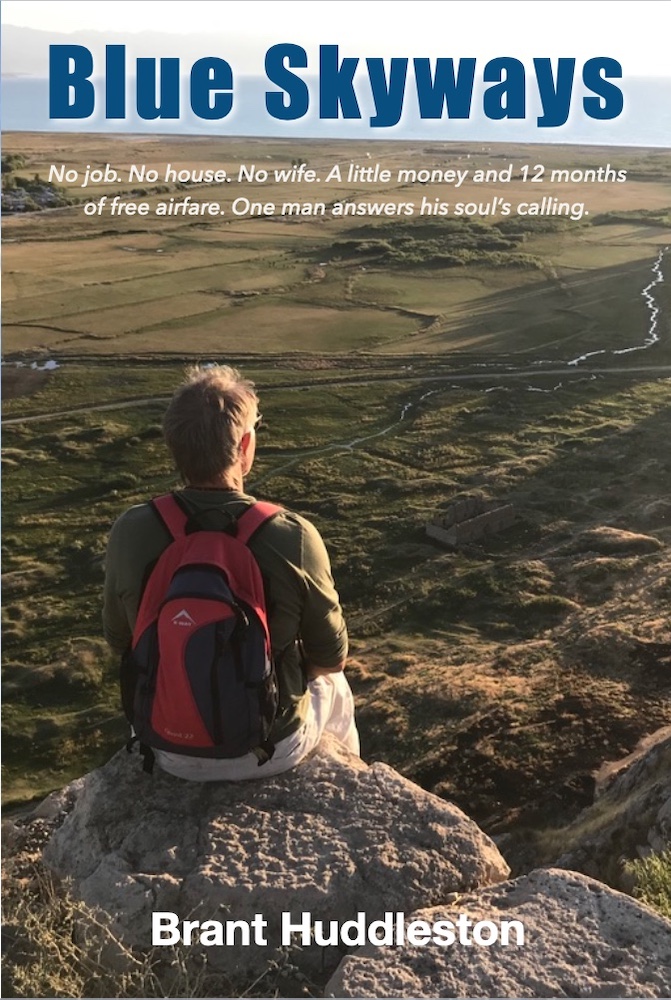S.O.S. IBM

Photo by Isaac Demeester on Unsplash
S.O.S. IBM
It was chaos. We heard a deep rumble, the great ship shuddered, and within hours the deck chairs began to slide as she listed to port. But the band still played, the bar was open, and the ship’s captain assuaged our anxiety with words of reassurance. The Titanic? No ~ IBM in the 1980’s. I joined them in 1983, fresh out of UVA’s engineering school. The first iceberg IBM hit was the PC, and the second, hit years later, was the Internet. Both collisions drove holes into a company many thought unsinkable.
I stayed onboard the great ship IBM for 17 years as concern turned to chaos, and eventually bloodshed when, in the 1990’s, the company cut its bloated workforce by 60,000 souls. I was one of the survivors.
A career with IBM had me thinking of myself as “the corporate type.” I mean, what company was more corporate than IBM, with its blue suits, company song, no-alcohol policy, and standard issue haircut? But then I realized something about the IBM of those tumultuous years ~ a house on fire is not a house, and a sinking ship is not a ship. That realization also made me rethink myself.
During the last ten of my years with the company, IBM was desperately seeking, and eventually found, a way to stay afloat. That decade was time when almost any new idea, however unorthodox, was welcome ~ a time when creative, non-linear, entrepreneurial thinkers like myself were heroes. Survivors learned to embrace adaptibility and flexibility. We learned to look outside IBM for survival lessons, and we quickly emulated best practices. We accepted that IBM was no longer setting the industry’s pace, no, the industry was setting ours, and it was more rapid and unpredictable than we ever could have imagined.
And so I stayed. When IBM finally righted itself in 2000 and set a stable course ~ I jumped ship. I found I am not suited to stability. I love the chaos.
I am deeply grateful, however, for what I learned during my IBM years, of the value of process, how to sell consultatively in a global market, how to comport myself in front of international executives, and when to trust my instincts and run against the tide. Most importantly, I know how to recognize the deep rumble that everyone else waves off as nothing, but we survivors know means something else.
Iceberg!
###
Books by Brant
Most Recent
For Christmas 2018, my brother, a pilot with American Airlines, gave me a gift that became the experience of a lifetime: 12 months of free travel anywhere American Airlines flies.
Thus began a year long journey that took me from the rocky coasts of Portugal, to the hot sands of Morocco, to the mangrove swamps of Panama, with many places beyond and between. In cheap hostels and the backwaters of the nomadic milieu, I discovered a treasure chest of colorful and fascinating people. I tell their stories and a bit of my own.
The trip became as much a spiritual and emotional journey inward as it was a literal outward one, and found me in a place those of you who are in the second half of life are likely to recognize.
With references to the philosophies of Carl Gustav Jung, Jesus, Bob Dylan, and the Buddha, Blue Skyways is an international romp by a man in his 60’s with not much more than a pack on his back, and still much to learn.
A suspense/thriller novel!
When a psychology doctoral student Brian Drecker uses advanced software to analyze dreams from around the world, he discovers odd patterns that cannot be explained. Where one person's dream ends, another's begins. Unique objects appear again and again...even though the dreamers are complete strangers.
Drecker discovers the patterns form a map pointing to an ancient, lost object. Soon after, he is mysteriously murdered, leading his deadbeat brother and estranged wife on an international race to find the treasure, and the murderer. Along the way, the troubled couple are opposed by dark forces of the religious underworld, who launch a global pandemic to ensure the map of dream's secret remains lost forever.







